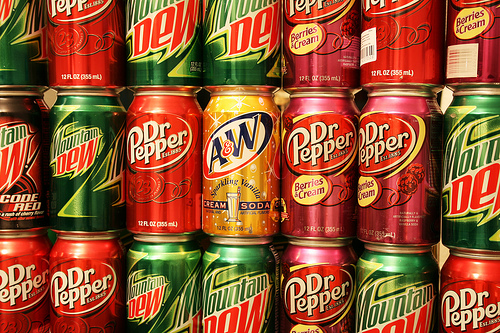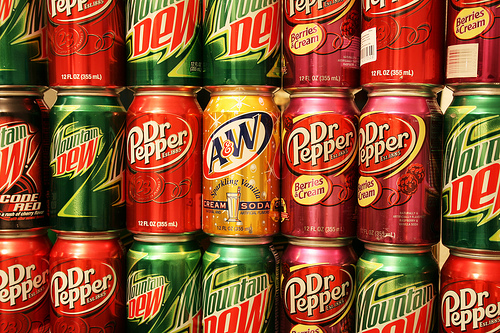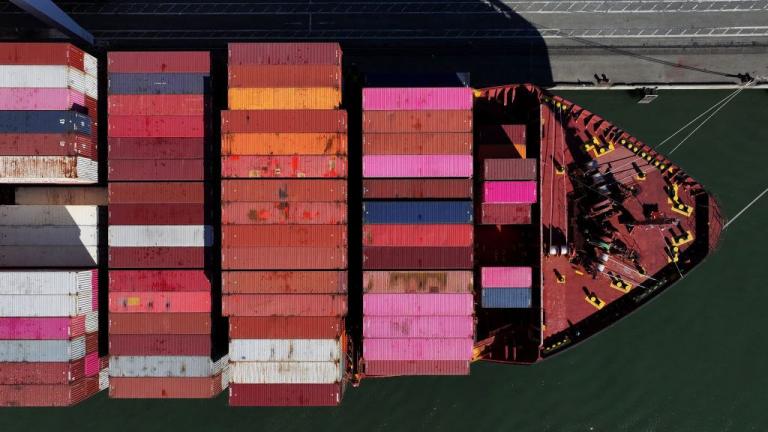 Photo: Alexander KaiserWouldn’t it be awesome if we could solve our waste problem and our fuel problem simultaneously, by turning one into the other? Okay, we’re nowhere near the stage where you can just scrape your plate into your car, but there are an increasing number of procedures for turning useless crap into fuel. Most recently, students at Oklahoma State University devised a way to turn waste soda into ethanol.
Photo: Alexander KaiserWouldn’t it be awesome if we could solve our waste problem and our fuel problem simultaneously, by turning one into the other? Okay, we’re nowhere near the stage where you can just scrape your plate into your car, but there are an increasing number of procedures for turning useless crap into fuel. Most recently, students at Oklahoma State University devised a way to turn waste soda into ethanol.
The basic operation is pretty simple. The students used samples of Pepsi, Coke, Sprite and Mountain Dew, to which they added a standard distiller’s yeast along with extra nutrients. With hungry microbes chewing away on the sugar, the brew quickly fermented, and after seven days it yielded a fairly respectable ethanol content. The only hitch was the use of the preservative sodium benzoate in some brands, which inhibits fermentation. However, that can be resolved by adjusting the pH.
Sugar in the gas tank: What makes corn work as an ethanol source is its sugar content. What makes it not work is… well, a lot of things, not least the fact that you still have to spend the energy to grow and process the corn.
But there are other ways to get sugar, including leftovers from soda or alcohol manufacture. Waste sources of sugar have to be processed, too, but they don’t have to be grown — as long as there’s a soda industry, despite Tom Philpott’s best efforts, there will be waste soda. And some things that can be processed into ethanol, like Four Loko, were a waste to begin with.
Halfway there already: Unlike biodiesel, most modern cars can already run on fuel that’s been blended with ethanol. It’s not gonna replace fossil fuels, but it can help dilute them.
And soda waste already costs money and energy. Manufacturers pay to get their waste processed and recycled, so using that money and energy to have it turned into fuel instead might be a net gain.
With daily limits on the amount of wastes sent to water treatment plants, this alternative for waste could significantly reduce costs at bottling plants.
“Our results show that we can reduce or eliminate costs associated with waste removal,” Bellmer said. “The research at the FAPC can help bottling plants in Oklahoma develop an alternative to their waste disposal. The goal would be to take this information to bottling plants to setup a conversion alternative at their facility and to generate some added value.”
What’s next?: Ethanol recycling plants already handle waste alcohol and some manufacturing byproducts from cosmetics and fragrances. And there are projects underway to make ethanol out of orange peels and steel mill waste.



